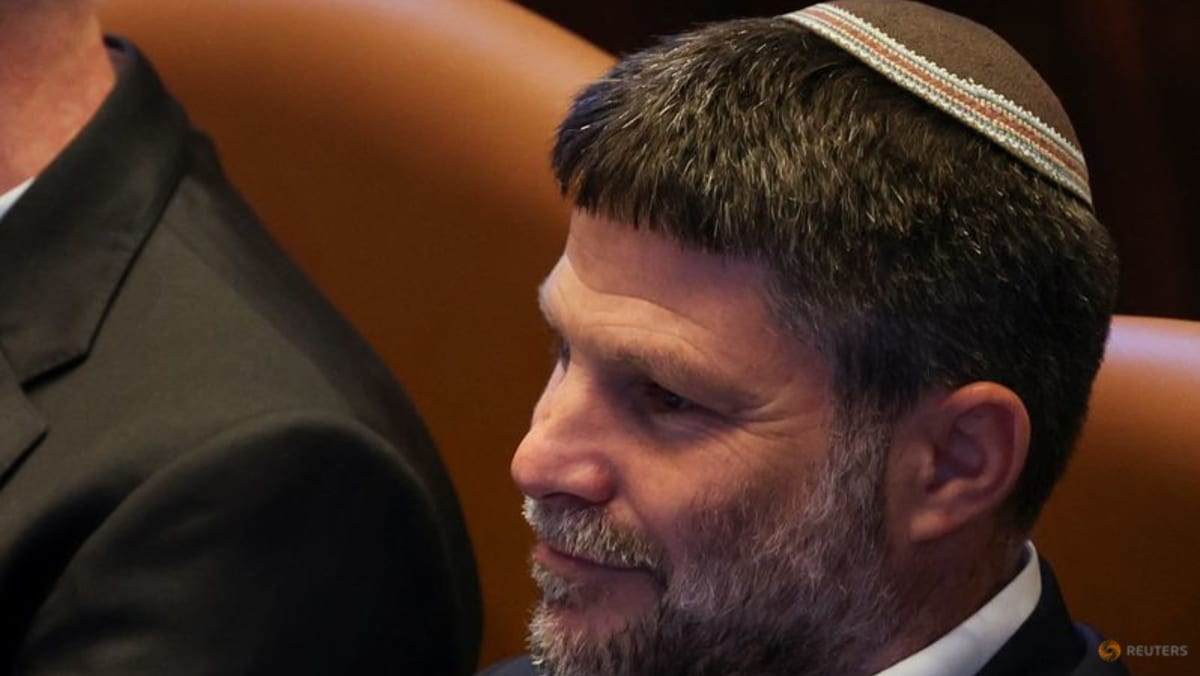Campaign Finance Delays Undermine Voters: Why Transparency Needs to Happen Before Election Day

Voters deserve clarity, not confusion, when heading to the polls. Yet, a concerning trend within Massachusetts' Office of Campaign and Political Finance (OCPF) is actively hindering that clarity: a deliberate delay in resolving campaign finance complaints until after an election has concluded. This practice isn't just frustrating; it's fundamentally unfair and undermines the democratic process.
The Problem: A Pattern of Post-Election Resolutions
Reports consistently show a pattern where the OCPF, the agency tasked with enforcing campaign finance laws, waits until the dust has settled from an election to issue rulings on complaints. These complaints often involve serious allegations of illegal campaign contributions, improper spending, or disclosure violations. By delaying action, the OCPF effectively allows potentially problematic campaigns to benefit from these alleged violations during the crucial election period.
Why This Matters: Impact on Voters and Fair Elections
Imagine being a voter researching candidates, only to discover after you've already cast your ballot that a candidate you supported was accused of, and later found to have committed, campaign finance violations. This scenario erodes trust in the electoral system. Voters deserve to make informed decisions based on a complete and accurate picture of each candidate's financial dealings. Delaying resolution shields candidates from scrutiny and prevents voters from having the information they need.
The Consequences: A Culture of Impunity
This practice also fosters a culture of impunity. When campaigns believe they can operate with a degree of financial recklessness knowing that any consequences will be delayed, it encourages further violations. It sends a message that the rules aren't being enforced effectively, and that there are few repercussions for skirting the law.
What Needs to Change: Prioritizing Timeliness and Transparency
The OCPF must prioritize timely resolutions of campaign finance complaints. This requires:
- Increased staffing and resources: The OCPF is clearly under-resourced to handle the volume of complaints efficiently.
- Clear timelines for investigation and resolution: Establishing and adhering to specific deadlines will create accountability.
- A commitment to transparency: The OCPF should be more open about the status of investigations and the reasons for any delays.
- Prioritization of complaints with significant impact: Focus on resolving complaints that have the potential to materially influence an election.
Protecting the Integrity of Our Democracy
A fair and transparent election process is the cornerstone of a healthy democracy. The OCPF's current practices are a disservice to voters and a threat to that integrity. By reforming its approach to campaign finance complaints, the OCPF can restore public trust and ensure that our elections are conducted with fairness and accountability. It's time to demand that transparency and accountability happen before election day, not after.






